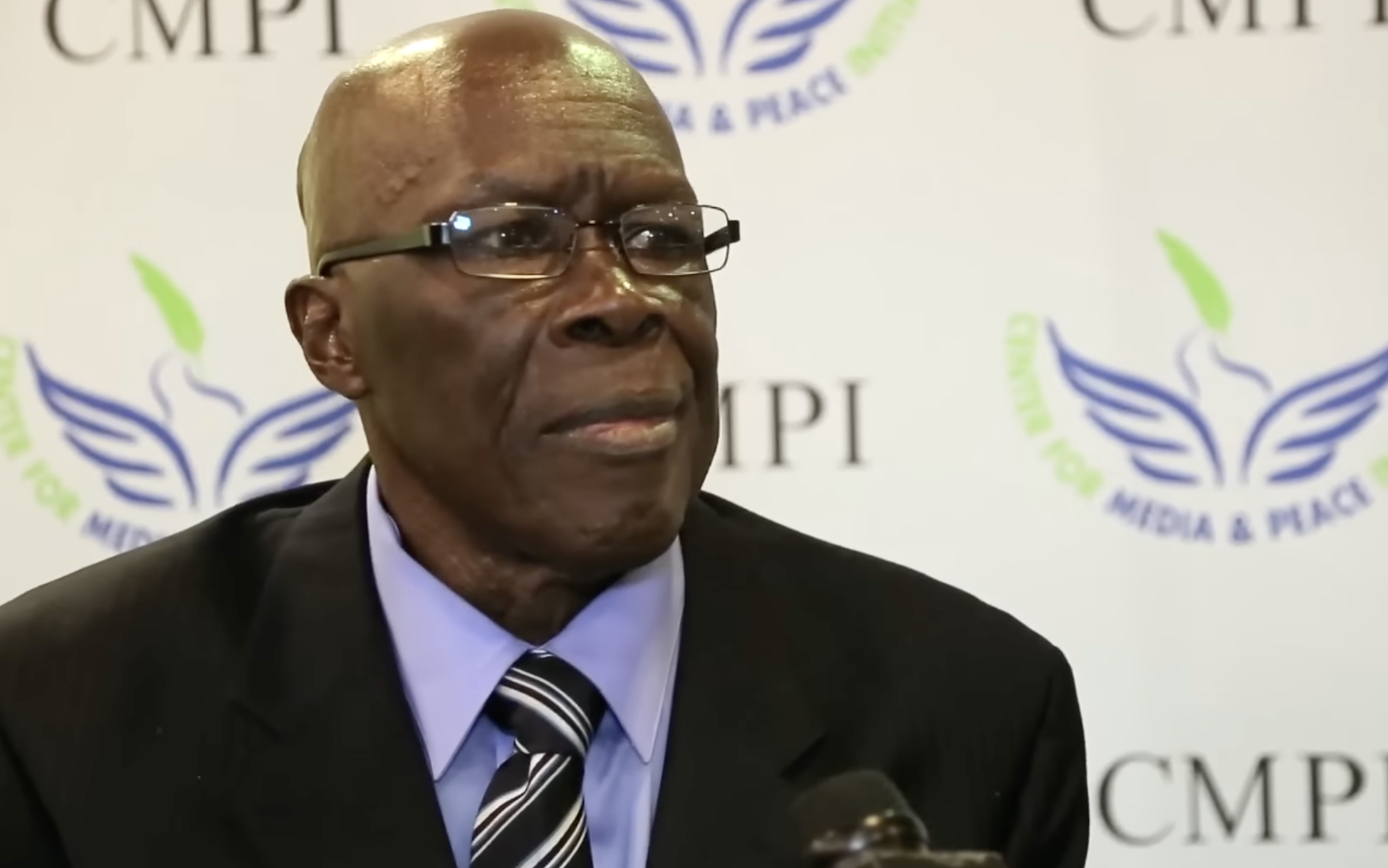Rep. Mann Advocates for U.S. Trade Promotion, Global Food Programs in House Agriculture Committee Hearing with Secretary Brooke Rollins | Representative Tracey Mann
Today, Representative Tracey Mann (KS-01) questioned U.S. Secretary of Agriculture Brooke Rollins during her first appearance before the House Agriculture Committee. During Rep. Mann’s questioning, he thanked Secretary Rollins and President Trump for their leadership and advocacy on behalf of American farmers, ranchers, and agricultural producers and highlighted the need for sound federal policy that promotes trade opportunities for American agriculture and recognizes international food aid as a tool for U.S. national security that supports domestic producers.
Secretary Rollins, thank you for being here today and thank you for your leadership in supporting farmers, ranchers, and ag producers across America. It was an honor to have you visit the Big First District of Kansas your first week on the job back in February, right after you were confirmed. We had the chance to participate in a roundtable discussion with ag producers, stakeholders, and toured Finney County Feeders and the Ponderosa Dairy. We even met with some local FFA students, which was a huge highlight of mine and I know it’s something that’s near and dear to your heart as well. In one of my first meetings with President Trump, I distinctly remember him telling me of his love for American farmers and I appreciate that you share that passion. Over the past few months, you and President Trump have led the way in supporting rural America, and I look forward to continuing to work with you for the next four years as we Make Agriculture Great Again.
The One Big Beautiful Bill Act is a major step forward for the future of American agriculture. We were able to strengthen crop insurance, raise reference prices, and really help our producers. We were also able to include historic landmark investments in funding for trade promotion programs in the House version. After the last administration’s failure to act on expanding international markets, I have been really encouraged at your efforts to rebalance trade to support American farmers and ranchers. In particular, I appreciate that you will be traveling on a trade mission to India here in the next few weeks, where greater market access for crops like sorghum would be a game changer for Kansas producers and a clear win for both the United States and India. With this significant upgrade in trade promotion resources, can you share what you and Ambassador Greer will be pursuing to unlock opportunities for U.S. exports of commodities, like sorghum, as part of the ongoing trade negotiations with India?
Rollins: India is reflective to your point on sorghum and a lot of our row crops; there is just so much opportunity there. I think we have talked a lot this morning about national security—agriculture security is national security. A lot of that is opening markets with our friends like India and moving away from other markets that clearly are not aligned with us on a value-by-value basis. What I have found with Ambassador Greer, Secretary Lutnick, with Secretary Bessent, and the ultimate dealmaker, President Trump, is they are—we are—relentless. I think I have mentioned this a couple of times, but I think it is worth repeating: the few countries that have already visited me—everyone is so anxious to support this vision of opening up more American products and decreasing the tariffs while working on the non-tariff trade barriers. There is a lot more to come, and would love to work with you, though, as we are working with India and other countries specific to sorghum and other row crops.
Mann: I’d love to.I think India is a huge opportunity for sorghum and other commodities as well. Thank you for that.
[On Food for Peace]:Earlier this year, I introduced legislation to move back to USDA a program that is not only dear to the people of Kansas, but also vital to our ag producers in the country. Food for Peace is a program that I have long supported, and it supports American agriculture while helping feed millions of people around the world. It was originally housed with the USDA when it was created over 70 years ago; a Kansan came up with the idea years ago. My bill would return it back to its roots, to return it home to the USDA, ensuring its long-term sustainability. I’m optimistic that Congress will soon act to codify this move, realigning Food for Peace with USDA where it began. If and when that transition takes place, can you commit that the Department will continue to fund and operate Food for Peace as robustly as it is currently being administered? I welcome any thoughts about Food for Peace.
Rollins: Sure, and understanding that it is moving through the system and not wanting to get ahead of President Trump specifically, but we stand ready if that is the Congressional direction. We will work with you and your partners to ensure the continued sustainability and success, and make changes if necessary.
Mann: A great program, right? We are shipping commodities grown here in bags that say, “A free gift from the American people.” It is good for our farmers, good for our shippers, good for the mouths that receive it.
Four days after Secretary Rollins was confirmed as U.S. Secretary of Agriculture, Rep. Mann welcomed the Secretary to the Big First District to tour National Beef Packing Plant, High Plains Ponderosa Dairy, and Finney County Feeder in southwest Kansas. Rep. Mann has applauded Secretary Rollins’ decisive leadership on combating the Highly-Pathogenic Aviation Influenza (HPAI). Following the decision to halt imports of Mexican livestock to protect livestock from the New World Screwworm, Rep. Mann commended the announcement from USDA.
###









